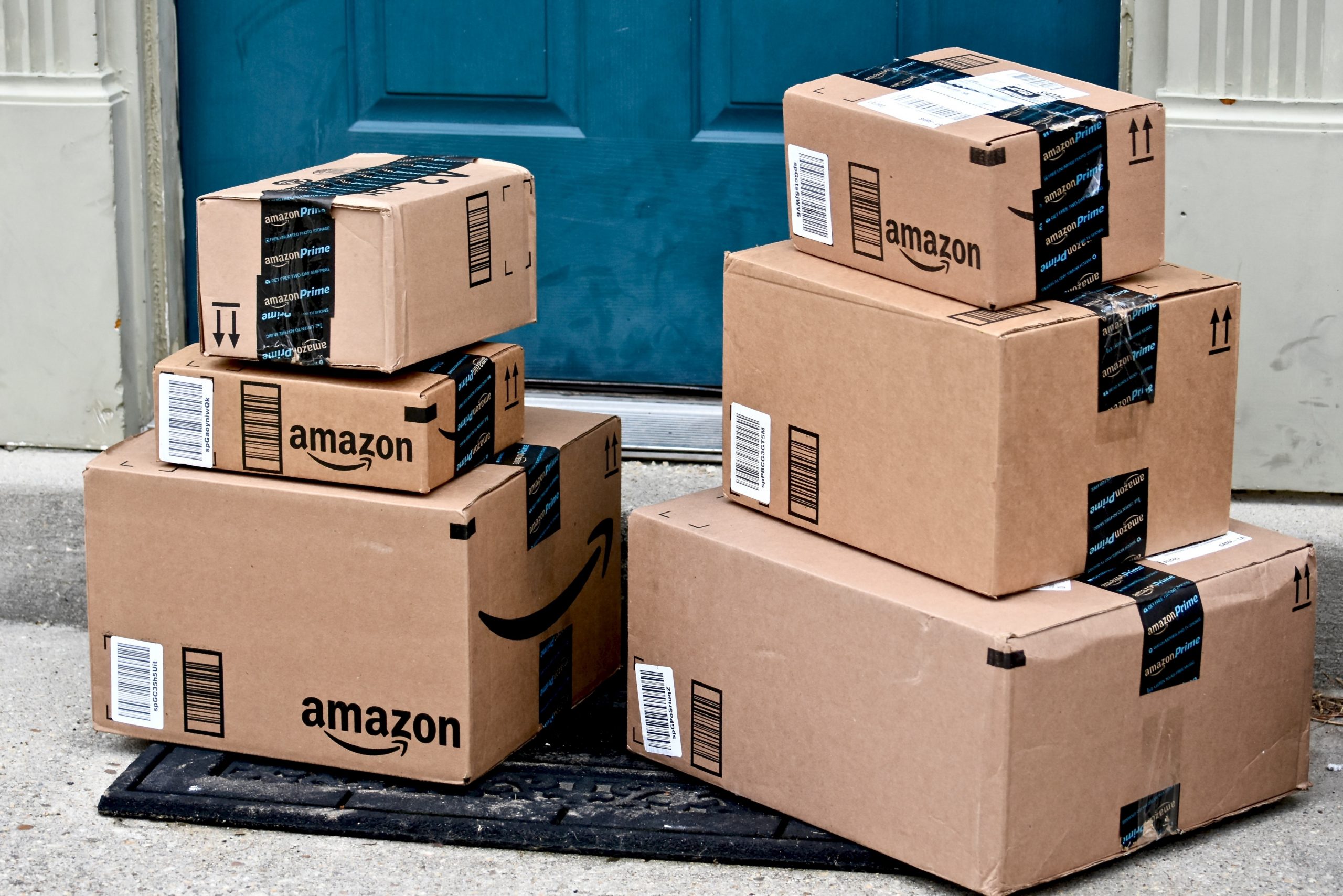Household Bills
Received an unexpected delivery? It could be a ‘brushing’ scam

If you’ve received a package that you didn’t order, you may think you’ve been lucky. But you could have been targeted as part of a ‘brushing’ scam.
An unsolicited package may seem like a nice gift, but it could have a more sinister meaning.
Many people have reported receiving Amazon Prime deliveries that they didn’t order, but it’s actually a ‘brushing’ scam used by sellers to garner fake reviews for their products.
A seller who sets up lots of fake accounts and then finds random names and addresses from public information or from the dark web can then send on these packages usually containing tech gear.
The items are then dispatched and the recipient has no information about where they’ve come from.
The seller then leaves glowing reviews for the genuine items and surprisingly, it doesn’t mean an Amazon shopper’s account has been hacked.
This helps the Amazon seller with their ratings, making legitimate buyers think they’re buying from a credible merchant.
Campaign group Which? first started investigating ‘brushing’ scams in 2018 and it continues to be notified by users of these mysterious packages being left on doorsteps.
Paul wrote: “In the past two weeks I’ve received:- mite bug spray, two chargers for rechargeable batteries, a HD web cam for a laptop, a big box with a back straightener corrector, a beard straightener and a ps4 wireless controller. Then on 10 October I received four halloween ghost lanterns. I haven’t shopped with them for around six years and I don’t have a credit card, only debit card. No money has been removed from my account.”
Ken wrote: “I have also received two unsolicited parcels from Amazon Prime; a soil PH tester and a TV internet range extender. Advice from Amazon was to keep the parcels. I gave the soil tester to a gardener/handiman who does not have access to the internet, and the TV range extender wound up in the electrical recycle dump of the local council. I offered to send the parcels back to Amazon but they declined to accept them.”
Which? said these packages should be reported to Amazon and customers should also consider changing their password and credit card linked to the Amazon account.
It could indicate your details may have been leaked via a previous data breach so it’s worth taking steps to protect yourself. See the Which? guide on getting money back after a scam.
Earlier this year, Amazon set up a counterfeit crime unit to investigate crimes and bring legal action against counterfeiters.
Amazon has also previously warned it has clear policies for both reviewers and sellers that prohibit abuse of its ‘community features’. It added that it will suspend, ban, and take legal action against those who violate its policies.